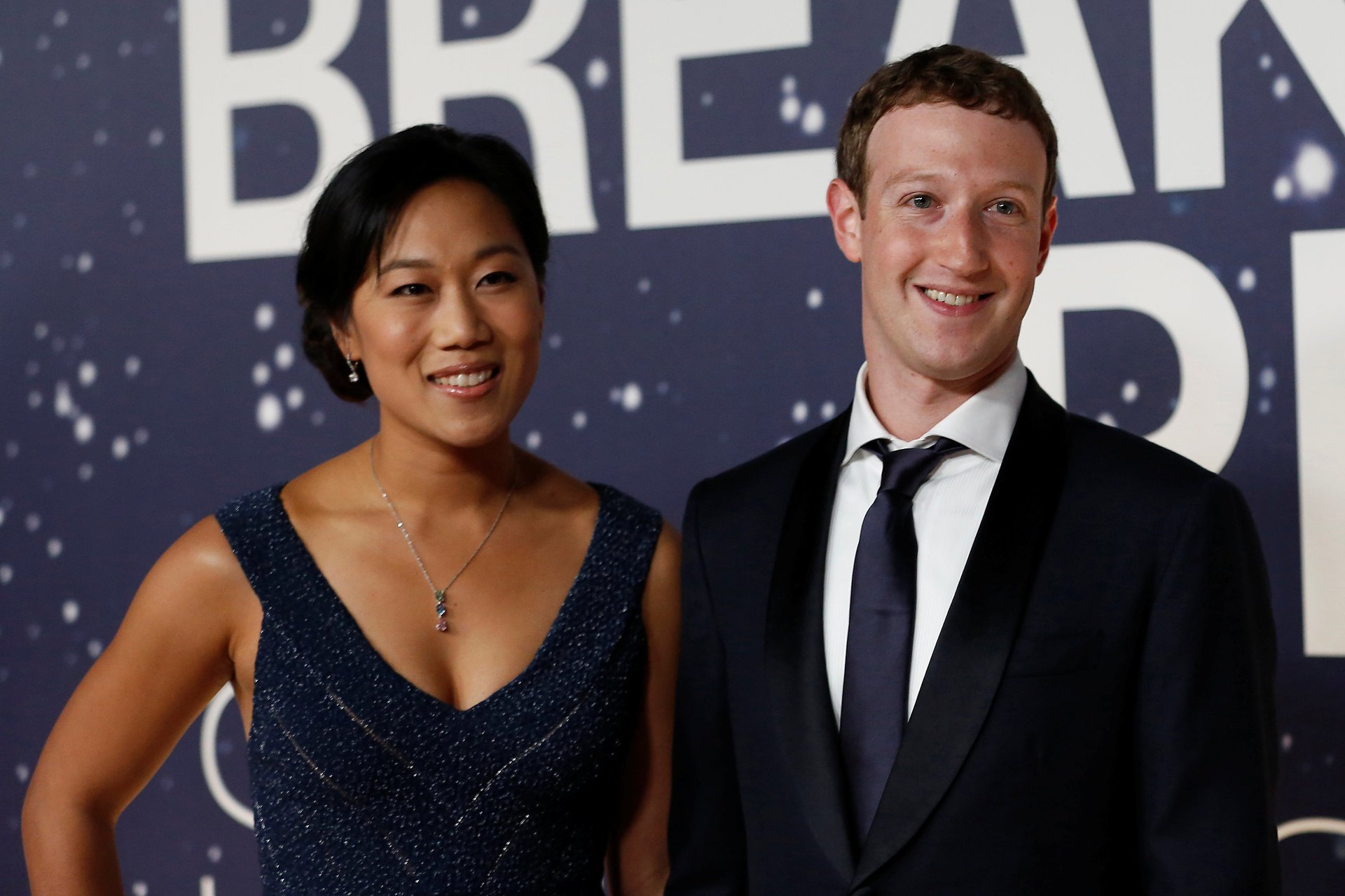Mark Zuckerberg built Priscilla Chan a screen-free bedside alarm
When philanthropist and pediatrician Priscilla Chan wakes up in the night, she doesn’t grope for her smartphone on the nightstand. Instead, a custom-made wooden box indicates whether she should go back to sleep or check in on her two children. It does so by emitting a very faint light between 6am and 7am.


When philanthropist and pediatrician Priscilla Chan wakes up in the night, she doesn’t grope for her smartphone on the nightstand. Instead, a custom-made wooden box indicates whether she should go back to sleep or check in on her two children. It does so by emitting a very faint light between 6am and 7am.
Mark Zuckerberg, Facebook’s CEO and Chan’s husband, invented the device to help his wife sleep better since the birth of their two daughters, he explained in an Instagram post. Previously, he wrote, she would check the time “to see if the kids might wake up soon, but then knowing the time stresses her out and she can’t fall back asleep.” The “sleep box,” as he calls it, “has worked better than I expected and she can now sleep through the night.”
This low-tech solution is, notably, screen-free. That’s in keeping with the general advice of sleep researchers, who believe smartphone use is at the root of rising sleep-deprivation rates. Increasing use of the devices is linked with poorer sleep quality and less time dozing overall. That shoddy sleep quality is still more likely for people who use their phones around bedtime. A significant contributor is the piercing light of the device’s displays, which the brain reads as daylight, and which suppresses melatonin, the hormone linked to healthy circadian rhythms.
Tech billionaires such as Zuckerberg may have profited from the seductive screens, but they’re increasingly finding ways to avoid them in their own lives (paywall). Silicon Valley nannies are often tasked with keeping their charges away from technology. Melinda and Bill Gates banned their children from using smartphones until they were in their teens; Zuckerberg, in an open letter to his second daughter, August, suggested that he wanted her childhood memories to be of Dr. Seuss books, riding the carousel, and running laps around the living room—not using Facebook Messenger for Kids.
It’s something to think about in the middle of the night, as you while away the wee hours on Facebook’s infinite timeline.